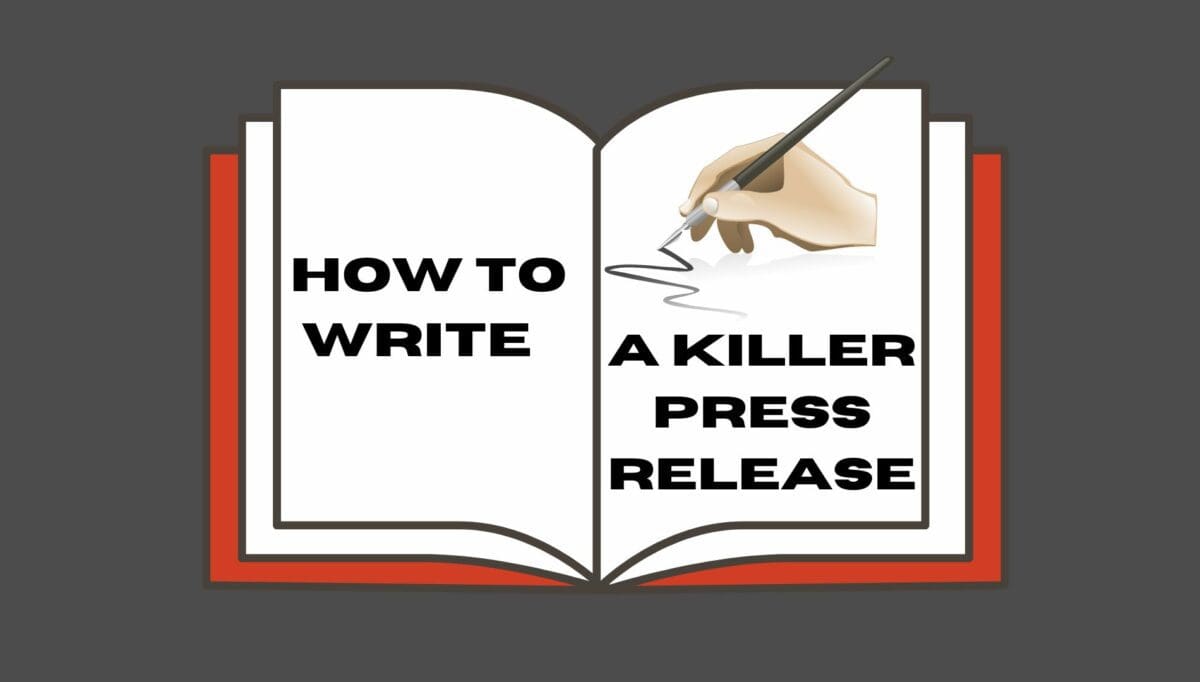Knowing what to eat and drink to have a good voice will put you ahead of the game. Choosing the right foods and beverages will impact your tone, vocal health and stamina as a performer. Not only that, but you’ll have more energy and feel great too.
Do you ever wonder what snack or meal to have before a show, gig or audition? You’re right to consider this, as it can have a real impact on your singing. In this article, we’ve compiled a list of foods and drinks that can improve your vocals and soothe your voice before singing, including quick snacks and remedies for a sore throat.
What to eat and drink to have a good voice
What you choose to eat and drink in the days and hours before a live gig has a considerable influence on how good your voice is. Most singers understand how important it is to look after their voice, as the health of your vocal cords can make or break a performance. We investigate the best things to eat and drink as a singer, and why.
Foods to improve singing voice
The best foods before singing are foods that hydrate your voice and protect it from damage. Good nutrition, with plenty of protein, vitamins and minerals are really important. But also, you should never overload yourself before a performance and it’s always best to avoid foods that are rich in dairy or hot spice.
Fresh fruit and vegetables are ideal. Later on in the article, we’ll be revealing exactly what you should be reaching for in your fridge and kitchen cupboards, and which items to skip.
Are you releasing new music?
Book a meeting with a Music Gateway A&R today.
Discuss release strategies, distribution, growing your fanbase, organic playlisting, press, radio and more.
The best drink for singing voice
The best drinks before singing are warm drinks without caffeine or milk, warm water and herbal teas containing manuka honey, lemon and ginger are ideal. Warm or room-temperature water will hydrate your vocal cords, making them more supple and less liable to injury. You may enjoy the experience of drinking ice-cold water, especially on a hot day, but this is bad for your voice.
And very hot drinks may cause your vocal cords to swell, which will stop you from singing clearly.
What to drink before singing
We’ve established that cold water isn’t ideal for your vocal cords because it can cause them to tense up and contract. This is the opposite effect to what you need – you want your vocal cords to be as loose and supple as possible. Think of yourself as an athlete, having to limber up and warm up their muscles.
You can do the same by sipping on a warm drink. Hydration contributes to healthy vocal cords (and a strong immune system), so drink as much water as you can throughout the day. Do be careful not to down lots before a show though, or you may find yourself needing the bathroom while on stage!
Warm drinks for singers
We’ve established that tea can be a good drink to help a singing voice. But not all are truly beneficial, while others are excellent. So what is the best tea for singers? Here are some of the options.
- Decaffeinated tea is excellent. Caffeine is not good for your vocal cords, so you can either opt for a decaf regular/black tea or even better, pick a herbal option.
- Peppermint tea is great for digestion, and a strong digestive system contributes to overall good health.
- Chamomile tea is naturally relaxing, and ideal to relieve pre-show nerves.
- Green tea reduces stress, gives you energy and promotes relaxation.
- Throat Coat herbal tea made from liquorice root and elm bark actively helps protect your voice from vocal strain and damage. If you can’t find a throat coat, search for liquorice tea, as this can give you a clear tone by getting rid of excess mucus and congestion.
- Honey and lemon tea this one you make yourself by simply adding honey and lemon to warm water. It’s said to soothe and hydrate your voice and is a great tonic for a cold. For the best results, use manuka honey (this has anti-microbial properties to ward off infection) and a freshly squeezed lemon. Some people find acidic citrus fruits dry the voice a little, so if this applies to you, go light on the lemon and heavy on the honey.
- Ginger tea helps settle a nervous stomach and is an anti-inflammatory, ideal for times when you have the flu, sore throat or vocal strain. It also has to warm properties to prepare the voice for singing and anti-oxidants excellent for vocal health. Ideally use fresh ginger, but dried ginger is ok too.
- Wild white moss tea comes from the Himalayan region and can help to cool down a raspy singing voice. The locals at the foothills of the Himalayas have used it for centuries.
- Slippery Elm tea works much like a throat coat. It’s a remedy for a sore throat, helps protect it and is good for the lungs.
More drinks to help the singing voice
Here are some more unusual options you might want to try:
- Add a few drops of liquid chlorophyll to your beverage to reduce inflammation.
- Like honey, maple syrup can soothe the vocal cords in preparation for singing – and it’s super tasty.
- Onions help reduce catarrh. They can be mushed down into syrup to enable you to sing with a chesty cough.
What to eat before singing: what should singers eat for dinner?
Eat light before a show, but do eat. You don’t want to get lightheaded and feel faint. It’s not about counting calories, but rather counting nutrition and making sure you get lots of health-giving ingredients in your diet. A salad is a good option as many ingredients are water-based.
A salad is the perfect snack meal to pack before a gig. Add in some protein (chicken, eggs, fish, beans, pulses, seeds and turkey are ideal). This will fill you up, giving you the energy and stamina to keep singing for long periods. Make sure you have a big enough portion to keep you going, especially if you’ll be dancing as part of your singing act.
Try to bake, boil, or steam your food rather than frying. It’s lighter, easier to digest and won’t clog your throat as much as oily, fatty foods. We know crisps are tasty, but they won’t help your vocals!
Foods that are good for your singing voice
Here are some more tasty and healthy treats that you can easily pack in your bag.
- Crudités. These are pieces of fruit and veg sliced into handy bite-sized portions. Carrots, cucumber, peppers and celery are vitamin-packed goodies that’ll keep all day in your lunch box.
- Fruit. It comes in its own convenient packaging. Oranges and apples are popular, readily available, need no prep and are inexpensive. Eat it rather than drink it in juice form. This way you ingest less sugar and it’s gentler on your stomach.
- Dry crackers stimulate saliva production long after they’ve been eaten, lubricating your vocal cords accordingly. They also keep for ages and can be kept in your bag for when hunger pangs strike.
- Basil has antibacterial and anti-inflammatory properties and also contains magnesium. Add it to some wholewheat pasta
- Brazil nuts are a great source of selenium, shown to fight anxiety, depression and fatigue.
- Broccoli and most leafy green veg is a tasty superfoods.
Food and Drink to Avoid Before Singing
Skip the junk food. Pot noodles and pizza won’t provide you with good nutrition. And avoid anything that produces excess mucus or has a drying or cooling effect. Dairy (milk, ice cream, cream, cheese and yoghurt) is very bad for producing mucus and clogging your vocal sound.
Bananas contain minerals that are great for preventing anxiety and keeping you calm. But their texture can irritate the vocal cords, again producing excess mucus. So do snack on bananas, but not right before going on stage. Have one in the morning en route to school for a nutritious health kick. To reduce pre-show nerves you can eat apricots, spinach, very dark chocolate, kiwi fruit, turkey, almonds and tuna before you go on stage.
Don’t forget that we’re all different. While there are scientific findings behind why some foods or drinks may be beneficial, what works for you will depend on a number of factors, like your blood sugar levels, blood type, allergies, activity levels and metabolism. So aim for a healthy diet full of colourful natural ingredients and take care of your body. Your voice will thank you for it.
Related Questions
- How can I tell if I’m drinking enough as a singer?
A good indicator is whether your urine is clear in appearance. If it is, then you are well hydrated. If your urine becomes darker it is an indication there is not enough water passing through your body to flush out your system properly. Also, if you’re thirsty or get unexplained headaches, you may just be dehydrated.
- How much water should a singer drink?
To stay properly hydrated, the average adult should drink a quarter of a pint of water, eight times a day. Vocal cords are easily damaged, as they are made of delicate tissue, but mucus (that comes from hydration) protects the vocal cords.
- Is lemon good for the singing voice?
Lemon has a high source of vitamin C to help fight infection and, like honey, contains calcium, iron, magnesium and potassium, as well as citric acid which helps to break down the mucus in your throat and relieve throat inflammations. Mix it with honey so it’s not too sharp and astringent.
What do you like to eat and drink before singing? What do you think are the best foods to improve your vocal quality? Let us know your faves in the comments below.









